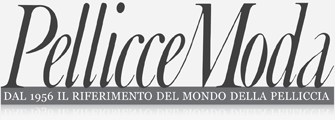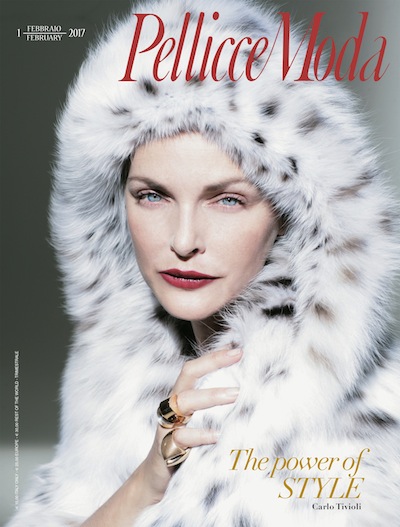Luxury Consumption in Russia: upturn in 2017
A historically key market for luxury goods is going through a period of uncertainty which translates into a slowdown in consumption at both local level and in European cities favoured by Russian consumers. Entrepreneurs and experts spoke about the situation in an Altagamma Conference in Milan.
The Intesa Sanpaolo Conference Hall in Piazza Belgioioso, Milan, was the venue for the meeting organised by the Altagamma Foundation dedicated to luxury goods consumption in Russia.
The general economic and political scenario was illustrated from various angles by Armando Branchini, Deputy Chairman of the Altagamma Foundation, Paolo Magri, Executive Vice President and Director of ISPI, Regina Von Flemming, CEO of Axel Springer Russia and Publisher of Forbes and Forbes online Russia, and Alexander Bogomolov, Editor-in-Chief of www.forbes.ru.
The situation and forecast as regards consumption is not very positive: this is due on one hand to the political repercussions of the Crimean crisis and, on the other, to the structural fragility of the Russian economy which, aside from the energy sector, displays a level of productivity in all other sectors that is more in keeping with the economies of the emerging markets than those of developed countries. More specifically:
_ inflation in 2014 is expected to be high (6.5%)
_ the GDP is not expected to grow in 2014 (for 2015/2016 the Russian Central Bank forecasts growth of +1.7%).
_ the balance of payments confirms the downturn of the last three years, from $97 billion in 2011 to $33.7 billion in 2013.
_ Due to the situation in Crimea, in recent weeks the rouble has considerably weakened.
_ Given this economic and political uncertainty, the biggest capital outflow of recent years is expected in 2014
As for the consumption of personal luxury goods
_ the Russian market is the tenth biggest in the world and fifth biggest in Europe, worth € 5.8 billion in 2013 (with growth of 5% vs. 2012), but is expected to contract by between -4% and -6% in 2014. Extending the analysis to the other categories of luxury products and services, the market was worth € 7.5 billion in 2013 with a contraction of between around -4% and -6% also forecast here during 2014.
_ Moscow is the biggest city in terms of consumption, accounting for 59% of the total, and St. Petersburg is second with 16%.
_ The new restrictions of the Russian Government on online purchases from abroad (the duty-free allowance will be lowered from €1000 to €150) should stimulate short-term domestic consumption.
_ Russia has by far the highest retail segment rent prices per square metre in Europe
_ The automotive market is contracting but not the luxury car market, which is showing the opposite trend
_ In the first five months of 2014 the consumption of Russian citizens in the European Union fell substantially compared with the same period in 2013. According to Global Blue the figure came to -12.8% in Italy and in France, -15.8% in Germany and -20.1% in the UK. A particularly heavy contraction especially for Italy whose biggest customers in terms of other nationalities are Russian citizens.
According to Armando Branchini “the economic climate will have more of a negative effect than the political crisis, which will blow over. The structural fragilities of the Russian economy will continue to impact on luxury goods consumption for many years. There will be an improvement thanks to the effects of Russia joining the WTO, even if the duties on the most prominent luxury product categories won’t be reduced before 2017″.
During the forum that closed the conference, six Altagamma entrepreneurs spoke about their recent experiences on the Russian market: Stefano Core (Driade), Giovanni Geddes da Filicaja, (Ornellaia), Fabio Gnocchi (Brunello Cucinelli), Matteo Lunelli (Cantine Ferrari), Andrea Perrone (Ferrari Brand) and Alessandro Varisco (Moschino).







